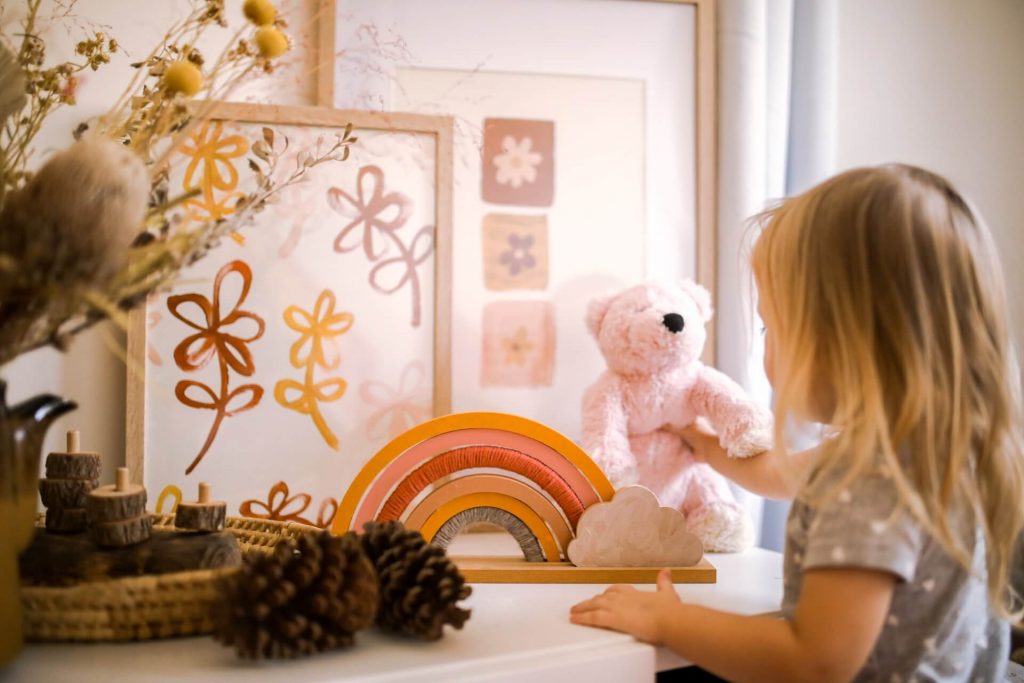If your kid is starting at a new Dee Why kindergarten or is moving to a new classroom, you might notice that dropping your child off has become more difficult than usual. Although not all kids experience separation anxiety, it is common for some to become upset when saying goodbye to their parents. Though it can be very unsettling for you as a parent, remember going through this phase is typical in early development. To help the little ones through this developmental stage, parents should understand what drives separation anxiety.
What is separation anxiety?
Different factors can trigger separation anxiety. Still, kids experience one when they are being separated from their primary caregivers, who they feel comfortable with and trust the most. Parents may experience this when they leave for work, drop their children at daycare Dee Why, or sometimes even when leaving a room. When you try to leave, your kid may become clingy and cry. Separation anxiety can start as early as infancy and last throughout preschool years, while some kids might never endure it at all. Children will also experience different degrees of separation anxiety; for instance, some might feel it when their parents leave them somewhere, even if it is just to go to the next room in the house, while others might experience it only when some significant changes happen in their life such as starting at a new daycare.
How to support separation anxiety?
Watching your child getting upset when you leave can be unsettling for parents. To help you out, here are a few ways you can help ease your child’s separation anxiety.
If you know that an upcoming big change can trigger separation anxiety in your child, maybe starting at a new child care, prepare them for the change in advance. At child care centres, Dee Why the staff encourage parents to schedule visits before the first day so that kids can become familiar with the teachers and the environment before they start full time. This can help your little ones feel like they are a part of a trusting community.
Create a quick goodbye routine:
This can be something as simple as a cute goodbye phrase, setting your child with a blanket and a book or creating a special handshake while you leave. Whatever you choose, try to make your goodbye sweet and short. The more you stay, the more upset your little one will likely become when it is time to leave.
Be consistent:
Once you establish a drop off routine, stick to it. At first, this might be hard to do, but, eventually, your child will start expecting it. Consistency will help diminish separation anxiety.
Keep your promises:
Some parents like to help their kid’s anxiety by telling them when they will come back. If you do, make sure you keep your promises to them, as this will help build your little one’s trust and confidence when you are apart.
Remember, experiencing separation anxiety is a normal part of development in children. If you are concerned about your kid’s separation anxiety, use the tips above for additional support.

